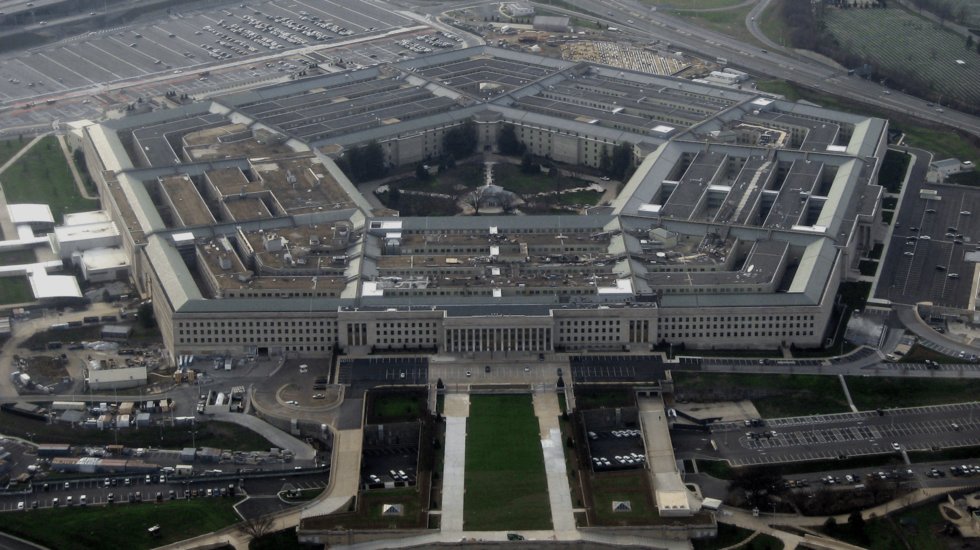Pentagon officials know Russian interference is coming. The Washington Post reports U.S. Cyber Command is developing tactics to go after Russian officials and oligarchs in 2020 if Moscow tries to interfere again.
“One option being explored by U.S. Cyber Command would target senior leadership and Russian elites, though probably not President Vladimir Putin, which would be considered too provocative, said the current and former officials who spoke on the condition of anonymity because of the issue’s sensitivity. The idea would be to show that the target’s sensitive personal data could be hit if the interference did not stop, though officials declined to be more specific.
“…The development comes as numerous agencies within the Trump administration seek to ensure that the United States is shielded against foreign efforts to disrupt the 2020 elections, even as President Trump has cast doubt on or belittled his own intelligence community’s finding of Russian interference in 2016.“
Last month, the Post reports, the intelligence community issue a classified update “asserting that Russia’s main goal in the 2020 campaign continues to be to sow discord. “It’s always been about exacerbating fault lines in our society,” one senior U.S. official said.“
Beginning before the midterm elections 2018, the Cyber Command used pop-ups and texts to telegraph to Russian “trolls” that they were being watched as they were seeding disinformation on U.S. social media platforms.
“The trolls worked for the Internet Research Agency, a private entity controlled by a Russian oligarch close to Putin. Cybercom also messaged hackers working for Russian military intelligence, indicating that their identities were known and could be publicized. Although the command did not sign its messages, the Americans knew there would be no mistaking who had sent them, officials said at the time.
“When the trolls persisted, Cybercom, beginning on Election Day and for at least two days afterward, knocked their servers offline, The Washington Post previously reported.“
